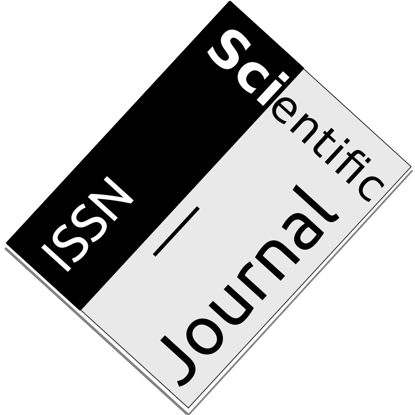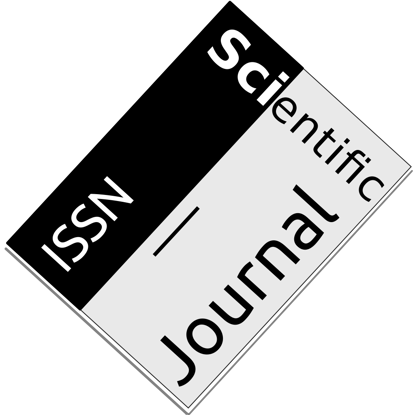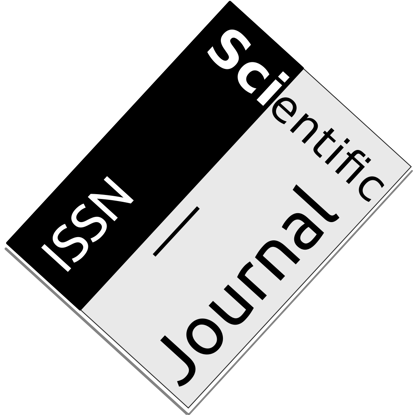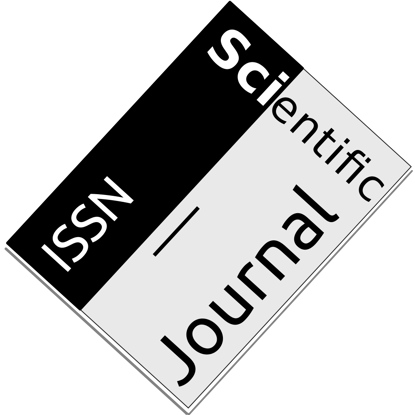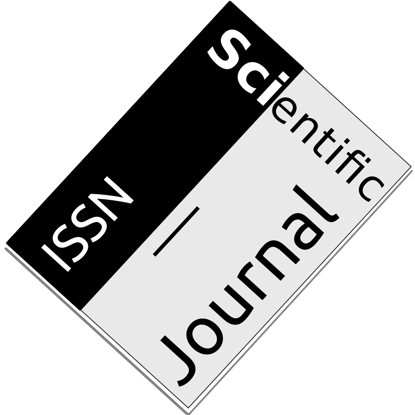Αναζήτηση
Προϊόντα με ετικέτα: 'smart city'
Προβολή ως
Ταξινόμηση ανά
Εμφάνιση ανά σελίδα
Anthopoulos, L. and Janssen, M. (in press). Business Model Canvas for BOLD in Smart and Circular Cities. IEEE Computer, DOI: 10.1109/MC.2022.3194634.
Anthopoulos, L. and Janssen, M. (in press). Business Model Canvas for BOLD in Smart and Circular Cities. IEEE Computer, DOI: 10.1109/MC.2022.3194634.
Anthopoulos, L. and Kazantzi, V. (2021). Urban Energy Efficiency assessment models from an AI and big data perspective: tools for policy makers. Sustainable Cities and Society, https://doi.org/10.1016/j.scs.2021.103492
Anthopoulos, L. and Kazantzi, V. (2021). Urban Energy Efficiency assessment models from an AI and big data perspective: tools for policy makers. Sustainable Cities and Society, https://doi.org/10.1016/j.scs.2021.103492
Anthopoulos, L., Purzolfaghar, Z., Lemmer, K., Siebenlist, T., Niehaves, B. and Nikolaou, I. (2022) Smart cities as hubs: Connect, collect and control city flows. Cities, 125, https://doi.org/10.1016/j.cities.2022.103660
Regardless the Smart City (SC) broad scope, which ranges from a service-oriented ecosystem with the use of almost all the emerging technologies to a resilient urban environment, practice shows that the SC is mostly capitalized for utility upgrades, urban renovation, and real-time city monitoring. Moreover, recent city implementations register attempts to utilize technology for controlling the entire city flows. The aim of this communication paper is to discuss the SC hubness and more specifically the fact that the SC can become a “hub” that collects, processes, and transmits data; brings together people to co-design and evolve; and controls service, material and people flows in all city types. As a result, this paper defines the role, the uses and the architecture of this “SC-as-a-Hub” operation labeled “SCHub”, which can standardize and control all the city flows.
Anthopoulos, L., Sirakoulis, K. and Reddick Ch. (2021). Conceptualizing Smart Government: Interrelations and Reciprocities with Smart City. ACM Digital Government: Research and Practice (DGov), http://dx.doi.org/10.1145/3465061
Anthopoulos, L., Sirakoulis, K. and Reddick Ch. (2021). Conceptualizing Smart Government: Interrelations and Reciprocities with Smart City. ACM Digital Government: Research and Practice (DGov), http://dx.doi.org/10.1145/3465061
Anthopoulos,L.G.; Tzimos, D.N. Carpooling Platforms as Smart City Projects: A Bibliometric Analysis and Systematic Literature Review. Sustainability 2021, 13, 10680. https://doi.org/10.3390/ su131910680
Anthopoulos,L.G.; Tzimos, D.N. Carpooling Platforms as Smart City Projects: A Bibliometric Analysis and Systematic Literature Review. Sustainability 2021, 13, 10680. https://doi.org/10.3390/ su131910680
Moustaka, V., Vakali, A., Kounoudes, A. and Anthopoulos, L. (2021). Urban data dynamics: a systematic benchmarking framework to integrate crowdsourcing and smart cities standardization. Sustainability, 13(15), 8553; https://doi.org/10.3390/su13158553
Moustaka, V., Vakali, A., Kounoudes, A. and Anthopoulos, L. (2021). Urban data dynamics: a systematic benchmarking framework to integrate crowdsourcing and smart cities standardization. Sustainability, 13(15), 8553; https://doi.org/10.3390/su13158553

